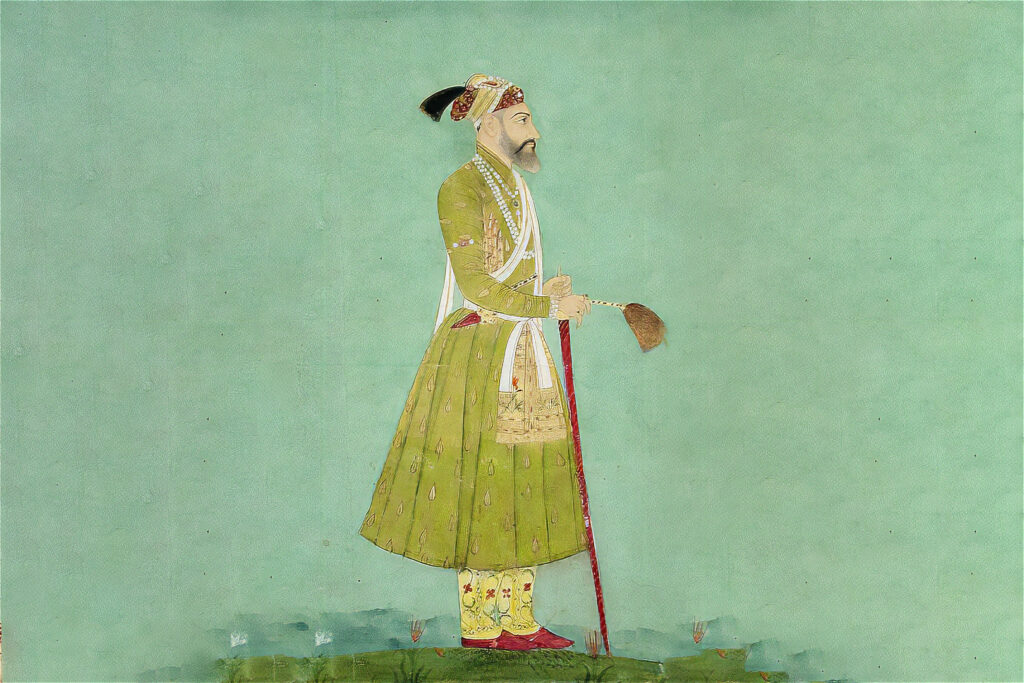It’s a well-worn adage: “Those who do not learn from history are doomed to repeat it.” But perhaps an even more insidious truth lurks beneath: those who manipulate history often wield it as a tool to divide, conquer, and secure political advantage. This practice, far from being a modern phenomenon, has deep roots, particularly in the context of colonial historiography and its lingering effects on contemporary discourse.
The Colonial Lens: Crafting a Divided Narrative
The 19th-century British historians, tasked with justifying imperial rule in India, embarked on a project of historical revisionism. As scholar R.G. Bhandarkar aptly noted, they acted more as “prosecuting counsel” than objective chroniclers. Figures like James Mill, H.M. Elliot, and J.T. Wheeler painted a starkly negative portrait of India’s pre-colonial past, particularly targeting ancient and medieval rulers.
- A Deliberate Divide: James Mill’s “History of British India” (1818) stands as a prime example. He introduced a tripartite division of Indian history into “Hindu,” “Muslim,” and “British” periods. This arbitrary segmentation laid the groundwork for a communal interpretation of the past, effectively separating India’s “Hindu past” from its “Muslim past.”
- Moral Judgments, Not Historical Analysis, a British Bias: Instead of adhering to Leopold von Ranke’s dictum of “strict presentation of facts,” these British historians often passed moral judgments. Medieval Muslim rulers were portrayed as tyrants, while British rule was idealized as benevolent. H.M. Elliot, for example, repeatedly emphasized the supposed “mildness and equity” of British rule, contrasting it with the perceived tyranny of previous Muslim rulers. J.T. Wheeler denounced Mughal Emperors as “the most shameless tyrants that ever disgraced a throne.” This selective narrative, fueled by a clear British bias, fostered a climate of mistrust and animosity.
- Selective Evidence, a British Tool: British historians employed selective use of evidence to present a “peculiarly jaundiced view of India’s past,” as Bhandarkar put it. They consciously ignored the “strict presentation of facts” in favor of reinforcing their pre-conceived notions.
The Echoes of Division: Post-Colonial Interpretations
Tragically, the seeds sown by colonial historians continued to bear fruit in the 20th century. Indian historians, without critically examining Mill’s periodization, often perpetuated the communal interpretation of history. This resulted in a view of India’s past through “stereotypes rooted in religious identity.”
- Political Exploitation: The reconstruction of India’s past became increasingly intertwined with contemporary political agendas. The past, once a subject of scholarly inquiry, became a weapon in the hands of political actors seeking to mobilize public opinion.
Aurangzeb: A Case Study in Historical Distortion

The ongoing controversy surrounding the Mughal Emperor Aurangzeb exemplifies this trend. His legacy has been distorted, often serving as a battleground for contemporary political debates.
- Challenging the Stereotypes: Aurangzeb’s portrayal as a religious bigot who solely targeted Hindus is an oversimplification. His conflict with the Marathas, for instance, was primarily a political struggle, not a religious one. Both Mughal and Maratha armies included soldiers of diverse faiths, with commanders like Mirza Raja Jai Singh (Hindu) and Ibrahim Khan Gardi (Muslim).
- Context and Nuance: Accusations of temple destruction must be contextualized. Historian Richard M. Eaton’s research reveals that temple desecration was not unique to Muslim rulers; Hindu rulers also engaged in such acts. Furthermore, Aurangzeb’s reign saw a significant number of Hindus holding high positions in the Mughal administration.
- Economic Powerhouse: During Aurangzeb’s reign, India held a massive portion of the world’s GDP, more than the entirety of Europe combined. This fact is often overlooked in favor of religiously charged narratives.
Learning from the Past, Not Weaponizing It
History should be analyzed within its own context, not through the lens of contemporary biases. Distorting the past for political gain only perpetuates divisions and hinders genuine understanding. Aurangzeb, like any historical figure, was complex and flawed. We must learn from his mistakes, not exploit them for partisan purposes.
Ultimately, the true lesson of history lies not in repeating its errors, but in understanding them. Only then can we build a future free from the shackles of manipulated narratives and manufactured divisions.





It’s very analytical information. Thanks Sir
Glad you liked it!